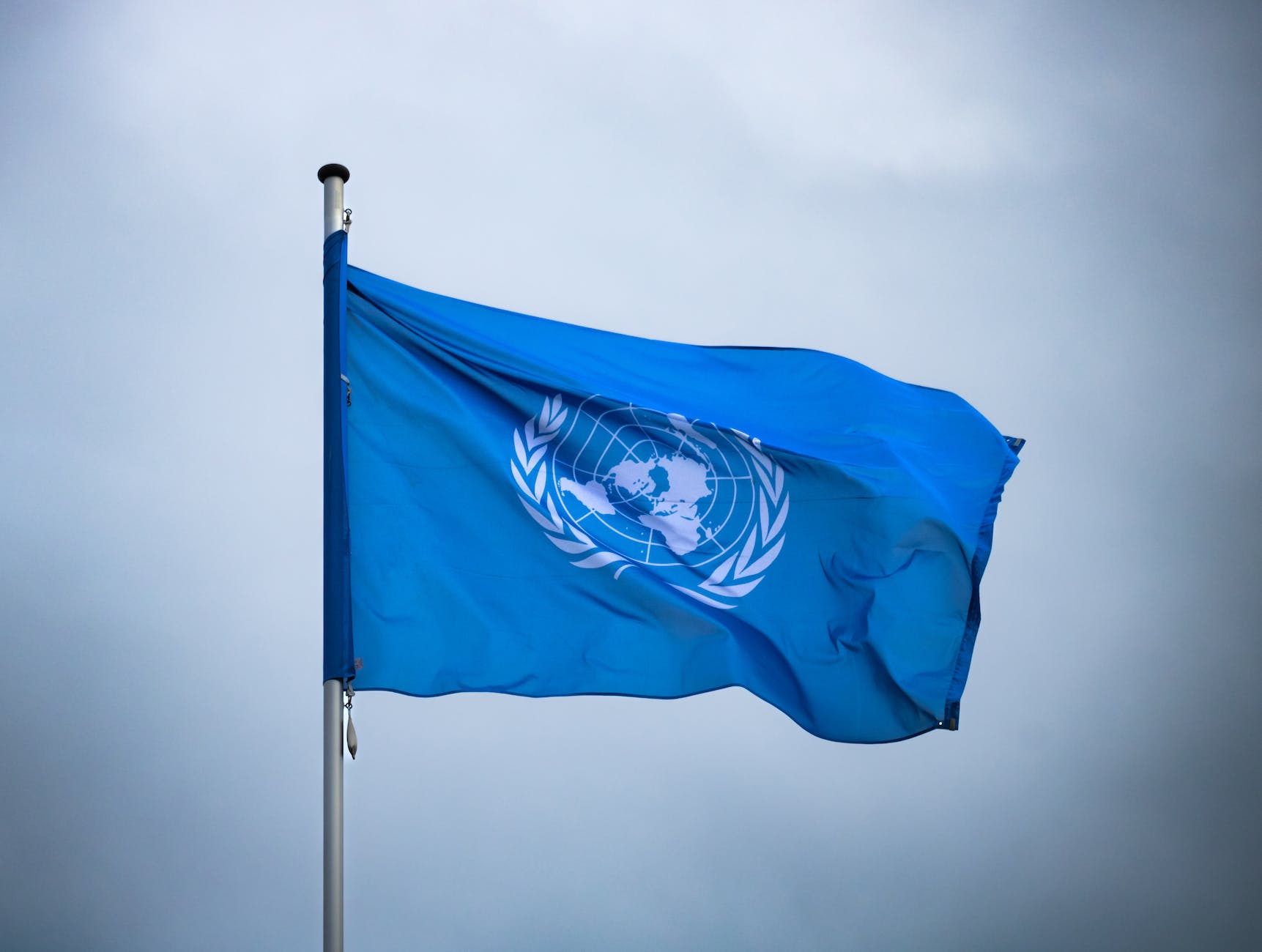Introduction
I often get into a conversation about finding and exploring your niche market, finding that first customer group who really needs your products. At a startup phase, you need these to be clearly identifiable, you need to focus on them to the point whereby you service their needs 100%, and yes, to the determinant of the mass market, because with limited resources, time, and money, you need to demonstrate revenue, the customer need, and the future of of your business. Before you move on…
Yet, I still have people who say you need to treat everyone the same, What happens if someone outside this group wants my product? (Yes, sell it to them, learn about them.).
So they question the ethics, the morals, and the logic of the statement.
And yes, these people never start businesses, never really understand that not everyone is the same, which is why we have market research.
So, I’m going to now talk about where I ground myself on this, its is simply Article 1 of the the UNHR.
Universal Declaration of Human Rights
So for those of you who are not familiar:
All human beings are born free and equal in dignity and rights. They are endowed with reason and conscience and should act towards one another in a spirit of brotherhood. Here.
This is the number one business principle we should all be thinking about.
So how does this play out in a startup?
Now I know at this point I should be saying that “we should Create an Inclusive and Diverse Workplace, Conduct regular training sessions on topics like human rights, diversity, inclusion, and anti-discrimination plus Develop clear policies that reflect the commitment to these principles, including non-discrimination, anti-harassment, and equal opportunity policies.” But, for me its about the doing, not about the policies or the committees.
So here are six practical principles which I think will help you make your startup better :
1, Create an Inclusive and Diverse Workplace:
- Hire employees on varying contracts which support their worklife balance from diverse backgrounds, ensuring a mix of genders, races, ethnicities, ages, religions, and other backgrounds.
- Implement policies that actively promote inclusion and prevent discrimination. OK, it still has to be explicit.
2, Inclusive Product and Service Design:
- Design your products or services to be inclusive and accessible to all, considering diverse needs and abilities. Yes, as much as possible, everyone can use and access the products.
- Involve diverse groups in the design and testing process to ensure that products are universally usable.
3, Community and Employee Initiatives:
- Engage employees and local communities in local initiatives that reflect the principles of equality and dignity. This includes supporting schoolchildren on placements in your business to helping out at local events, it works both ways.
- Promote a sense of ownership and community involvement for all stakeholders.
3, Innovative Work Models:
- Experiment with non-traditional work models like job sharing, work from anywhere in the world, four-day workweeks, or results-only work environments (ROWE) to promote work-life balance and reduce burnout. Entrepreneurship is a team sport and not everyone has to be on the pitch all the time.
- These models can demonstrate respect for employees’ time and personal lives, contributing to a sense of dignity and equality.
5, Transparent Decision-Making Processes:
- Implement a transparent decision-making process that involves employees at various levels. Think of systems like “kaizen” which was developed by the Japanese.
- Encourage open forums or use digital platforms for employees to voice opinions on company decisions, ensuring everyone feels heard and valued. Remember, you can’t please everyone all the time, its about the majority.
6, Ethical Supply Chain Transparency:
- Ensure that your supply chain practices are transparent and adhere to sustainability and human rights standards.
- Share this information with customers and stakeholders, highlighting efforts to promote sustainability, dignity and equality in the supply chain. If you get it wrong, open up and make it better as fast as you can.
I hope this helps make your startup a world-class one.

